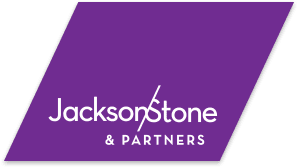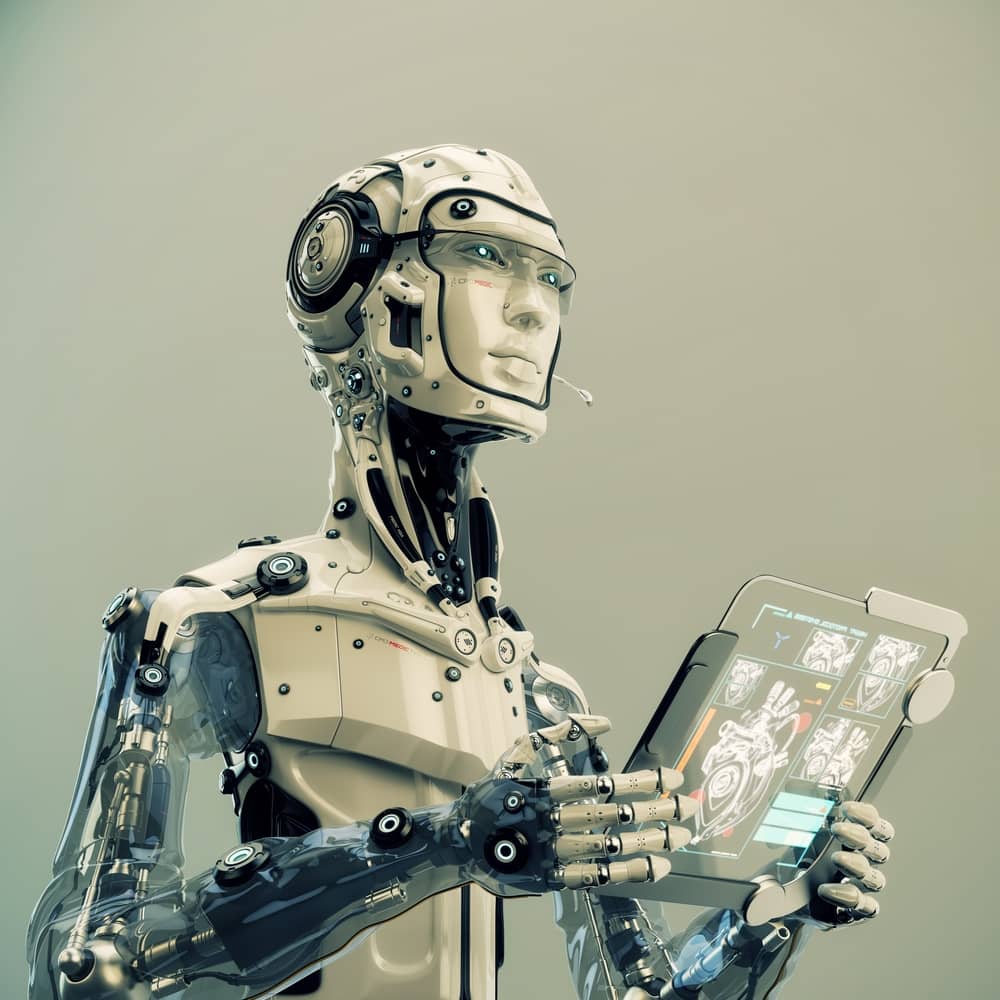What does artificial intelligence mean for employee relations?
The Fourth Industrial Revolution – which includes artificial intelligence (AI) and robotics – could be responsible for the loss of more than five million jobs by 2020, the World Economic Forum estimates.
Labour market disruptions as a result of AI will present significant challenges for leaders in the coming years, as they guide employees through these disruptions.
How artificial intelligence is changing the workplace
 Artificial intelligence and employment are reaching a crossroads.
Artificial intelligence and employment are reaching a crossroads. As we sit on the cusp of the next industrial revolution, developments in AI are moving at a frenetic pace. Here are just a few ways AI is already changing the recruitment industry:
- Infosys has created an algorithm to identify employees who may be about to quit their job. The software program is designed to control attrition rates in companies.
- Another AI program can analyse workers' emails to find out if they are unhappy in their role, allowing management to act before their performance plummets.
- Unilever is using AI to screen thousands of job applicants, saving time and costs by automating the hiring process with smart technology.
With all of these innovations, it's not much of a stretch to imagine AI taking over many crucial roles within the workforce. This could be a boon, but also a problem – how will employees respond to this threat of job takeover?
Guiding employee relations in the age of artificial intelligence
 The impact of artificial intelligence on the workplace is yet to be measured in full.
The impact of artificial intelligence on the workplace is yet to be measured in full.Strong leadership is needed to manage the fear of technological advances while still embracing the possibilities they present. Now more than ever, leaders will need to demonstrate the following qualities.
- Communication. The leader's job in the age of AI is to anticipate and communicate change to employees in such a way that they will not shy away but move into the changes. It's important for leaders to stress to those under their command that AI systems won't replace their jobs completely – we're a long way from full automation – they will only complement them.
- Honesty. Leaders can tell employees that even they don't know exactly what advancements will come along next or how it may change the current work environment, while continuing to communicate the direction their company wants to take.
- Education. Leaders can help employees prepare for the future by cultivating skills that allow people to transition between roles. Changes in industries could mean a reshaping of jobs and more adaptable employees will be able to confront these challenges and thrive. Investing in skills and continual development is the key to managing changes to the workforce by technology.
While we know the revolution is coming, we don't know exactly what it holds. The best way to prepare for the Impact of artificial intelligence in the workplace is to encourage people to anticipate changes and learn new skills so they can remain relevant in the job market.



